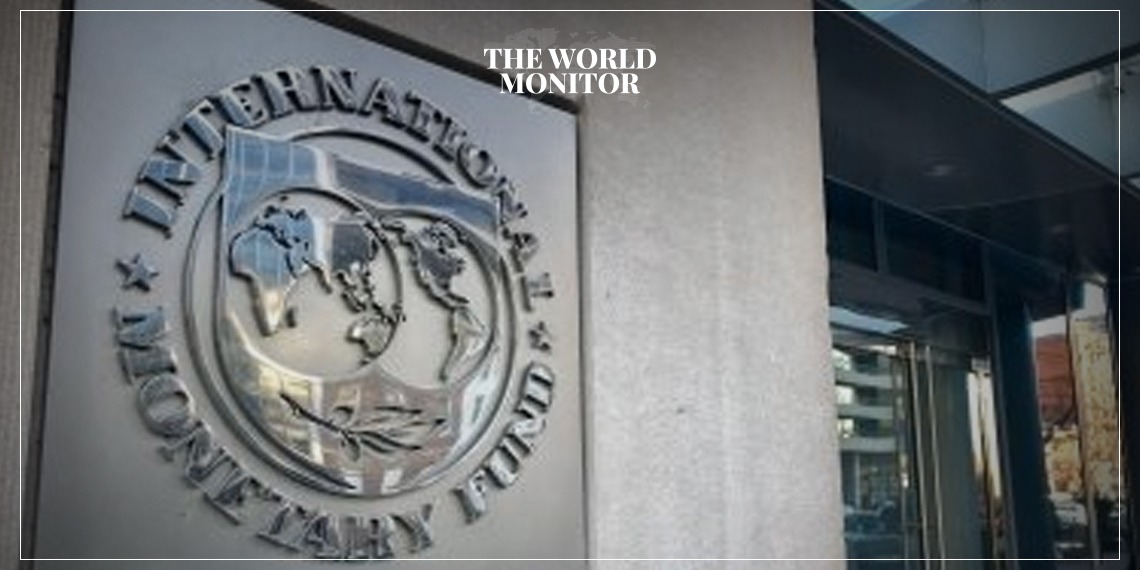The World Bank recently conducted an in-depth analysis of Ukraine’s potential to attract private investments, crucially highlighting the country’s dire need for foreign capital in the post-conflict phase. As Ukraine prepares for an extensive rebuilding and reconstruction process, the role of international investments becomes paramount.
According to Balkan News Network, a specialized Eastern European and Eurasian news outlet, the World Bank’s report presented various scenarios, including those with and without reforms. The damage inflicted by Russian military operations on Ukraine is estimated to be a staggering $411 billion, almost double the country’s entire economy prior to the conflict.
The International Finance Corporation, the private sector arm of the World Bank, set forth a scenario assuming Kiev does not implement reforms, similar to pre-attack conditions. In this case, Ukraine could potentially attract over $73 billion, or nearly 18% of the total required funds for reconstruction.
Conversely, with the adoption and acceleration of economic reforms, addressing industrial systems, and deepening integration with Europe, Ukraine has the potential to attract up to $130 billion in private sector investments, amounting to approximately 30% of the total reconstruction needs.
Moreover, these reforms could pave the way for an additional influx of $282 billion in private investments into the Ukrainian economy. The report sheds light on specific sectors with significant potential for reform, including agriculture, food and beverage, transportation, logistics, energy, mining, housing, and reconstruction.
The World Bank’s analysis underscores the pressing issue of sourcing hundreds of billions of dollars for Ukraine’s reconstruction, especially after the European Union somewhat relinquished the idea of seizing $300 billion frozen in the Russian Central Bank, deeming it legally unfeasible.
The EU has proposed a four-year support program worth €50 billion, while the United States has already spent around $45 billion in aid. However, it is unlikely in the long run that Ukraine’s western partners will be able to provide sufficient funds to cover the entire $411 billion bill.
Turning to the private sector emerges as a viable solution. However, private investors remain concerned about the persistent corruption issue in Ukraine, which has always hindered foreign direct investment. Ukrainian President Volodymyr Zelensky is well aware of this challenge and has launched the most comprehensive anti-corruption program since independence. Nonetheless, a lengthy journey lies ahead for Kiev to fully address these concerns and foster a conducive environment for investments.






